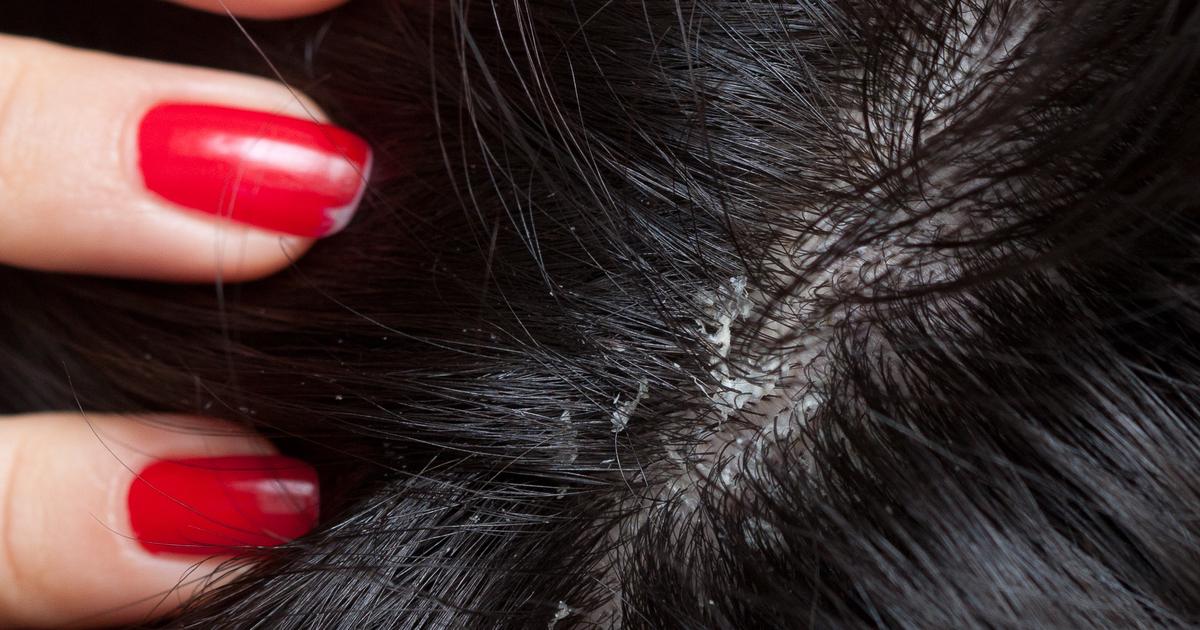What Causes Dandruff?
Dandruff is a scalp condition that leads to flaking of the skin. Many affect individuals also experience itchiness, but itchiness isn't required for someone to have dandruff. The exact cause of dandruff isn't currently known, though several conditions have been linked to the presence of dandruff. The ways these conditions lead to dandruff vary. Some cause the skin to flake due to dryness, while others may cause texture problems and flaking because of an immune response. Though dandruff isn't caused by poor hygiene, there is a stigma surrounding it. Some dandruff might be more easily visible if an affected individual doesn't brush or wash their hair often. It's common for dandruff to cause embarrassment, and it might be difficult to treat, but there are options.
Malassezia

Malassezia, a type of fungus that can contribute to dandruff, is a genus that contains fourteen different species of fungi similar to yeast. In fact, individuals who have sensitivities to yeast also have higher chances of developing dandruff. This indicates yeast and yeast-like fungi might have a larger role in dandruff than previously thought. If patients have a yeast sensitivity, it may be contributing to their dandruff. When individuals have yeast-related dandruff, they often notice the flakes are at their worst during the winter. Warmer summer weather leads to less flaking. Researchers aren't sure why this is, but one theory is the UVA light the sun emits helps counteract the yeast. Since sunlight is more direct and the days are longer during the summer, there's greater UVA exposure. Malassezia fungus can manifest clinically in a variety of ways on the scalp or other parts of the skin. It might be part of a benign skin condition, or it might be a result of immune system issues.
